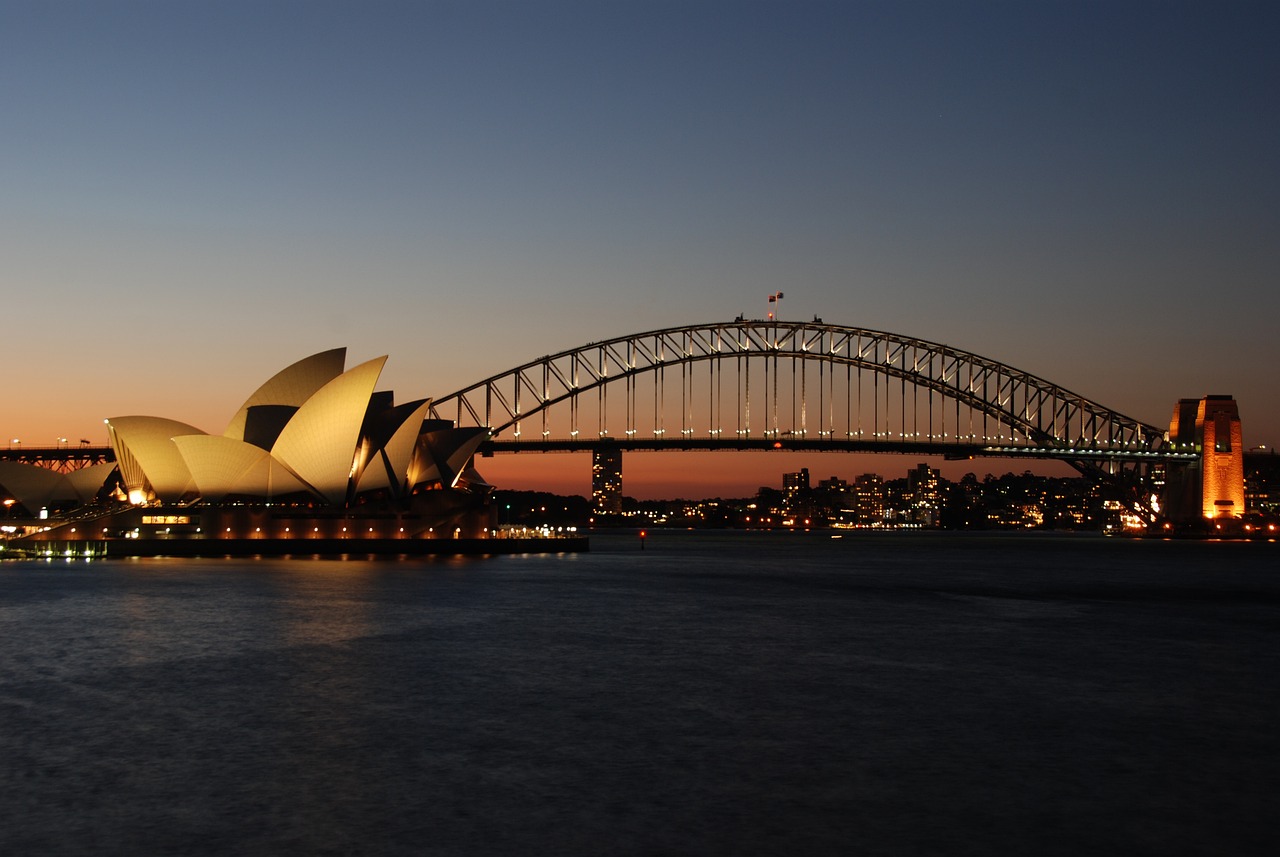

Wilhelm Bittrich), Liv Ullmann (Kate Ter Horst). Gavin), Robert Redford (Major Julian Cook), Maximilian Schell (Lt. Stanislaw Sosabowski), Anthony Hopkins (Lt. "Joe" Vandeleur), Sean Connery (Major Gen. Frederick Browning), James Caan (Staff Sgt. Levine, Richard Levine, Michael Stanley-EvansĬinematography: Geoffrey Unsworth, Harry WaxmanĪrt Direction: Terence Marsh, Roy Stannard, Stuart Craig, Alan Tompkins He informed Attenborough that he had been gardening in the shoes for a month so that they would look just right for the character, a Dutch farmer and doctor who risks his life to tend the wounded. In contrast to his position as Lord Olivier, he showed up on the set wearing an old suit and a pair of battered black shoes. In fact, between scenes on location, he flew to England to co-star with Natalie Wood, Robert Wagner, and Maureen Stapleton in Cat on a Hot Tin Roof.
ABRIDGE TOO FAR SERIES
At the time he filmed his role in A Bridge Too Far, he was involved in a series of filmed plays for British television, many of which aired in the U.S. He had recently won an Emmy for Love Among the Ruins (1975), with Katharine Hepburn, and an Oscar nomination for Marathon Man (1976). Olivier was in the middle of a career resurgence following a bout with ill health. For many critics, along with those working on the film, the highlight was Laurence Olivier. Among those earning strong reviews for their work were Anthony Hopkins, James Caan, and Edward Fox, who won the British Academy Award and the National Society of Film Critics Award for Best Supporting Actor. Levine's all-star casting of A Bridge Too Far was praised by several critics for helping audiences keep track of the several plot strands unraveling through the course of the three-hour film.

Four years later, Attenborough would produce his masterpiece, winning both Best Picture and Best Director Oscars for Gandhi. A Bridge Too Far was their first picture together, followed by the 1978 thriller Magic. Though he ultimately passed on Gandhi (1982), Levine signed Attenborough to a two-picture deal that kept him busy while raising money for his own film about the Indian political and spiritual leader. Levine's interest in the subject brought them together. Then he set out to find backing for his dream project, a film biography of Mahatma Gandhi. He'd continued his personal take on modern warfare with Young Winston (1972), a look at Winston Churchill's early military career. After years of acclaim as a stage and screen actor, Attenborough had turned to film direction with another look at military madness, the 1969 World War I musical Oh! What a Lovely War. His choice of Attenborough as director may have seemed a little more chancy, but it wasn't totally out of the blue. To bring to life this powerful true story, he cast "14 international superstars" in key roles - including Oscar-winners Gene Hackman, Laurence Olivier, and Maximilian Schell, and future Oscar-winners Michael Caine, Sean Connery, and Anthony Hopkins - then sent many of them to the actual locations in Holland where the events had taken place. A Bridge Too Far was adapted from a book by historical writer Cornelius Ryan, whose work had earlier inspired 20th Century-Fox's mega-hit The Longest Day (1962). Levine wasn't taking any chances with his investment. But the heroic efforts of the men and women on the ground, in stark contrast to the poor planning of their leaders, stand as a testament to the brotherhood of the battlefield. Through a combination of bad weather, worse luck, and even worse planning, they lost almost half their troops and never made it over that last bridge. In September 1944, the Allies tried to bring World War II to an early end by parachuting 35,000 troops into Holland to secure six bridges leading to Germany. Levine set out to re-create Operation Market-Garden, one of the biggest disasters in military history. For the then-astronomical cost of $26 million, he and producer Joseph E. With only his third film as a director, Richard Attenborough undertook one of the most massive productions in film history, A Bridge Too Far (1977).

"Whenever anyone says, 'Let's play the war game today,' everybody dies."


 0 kommentar(er)
0 kommentar(er)
